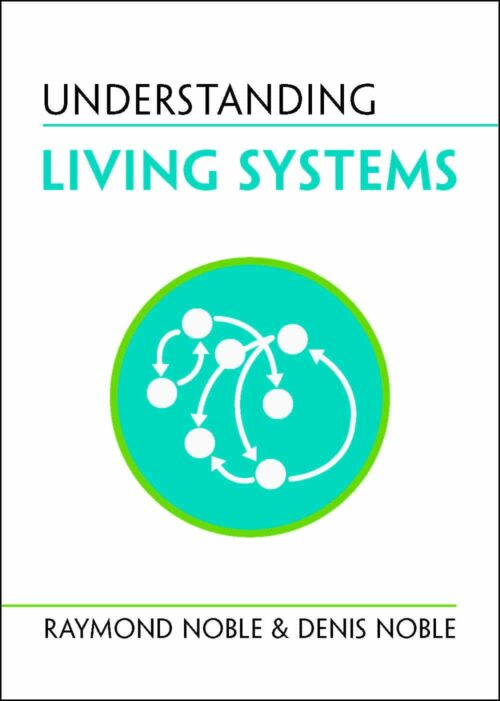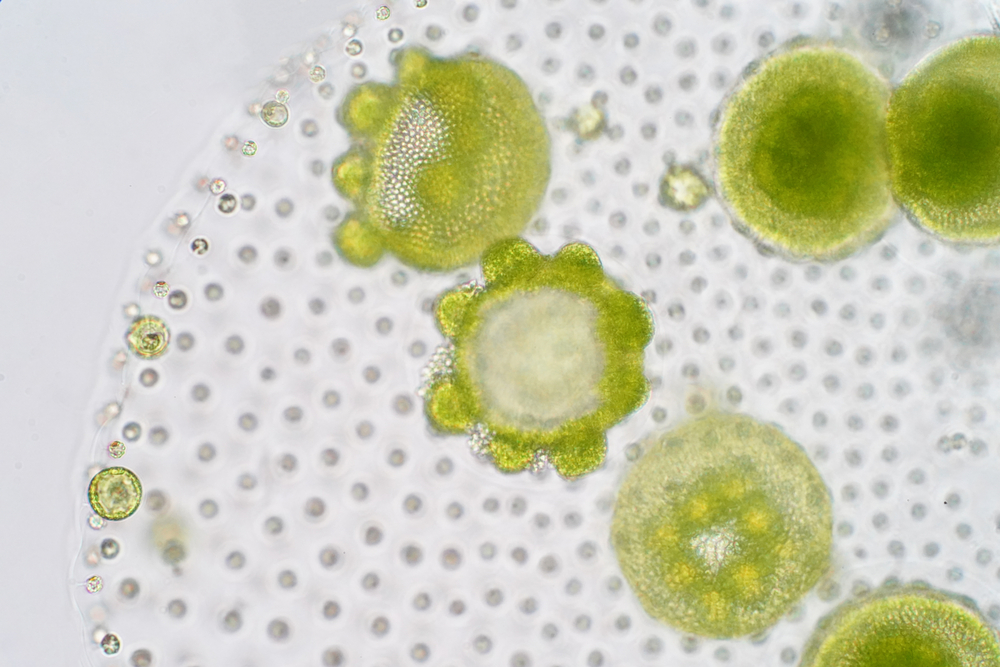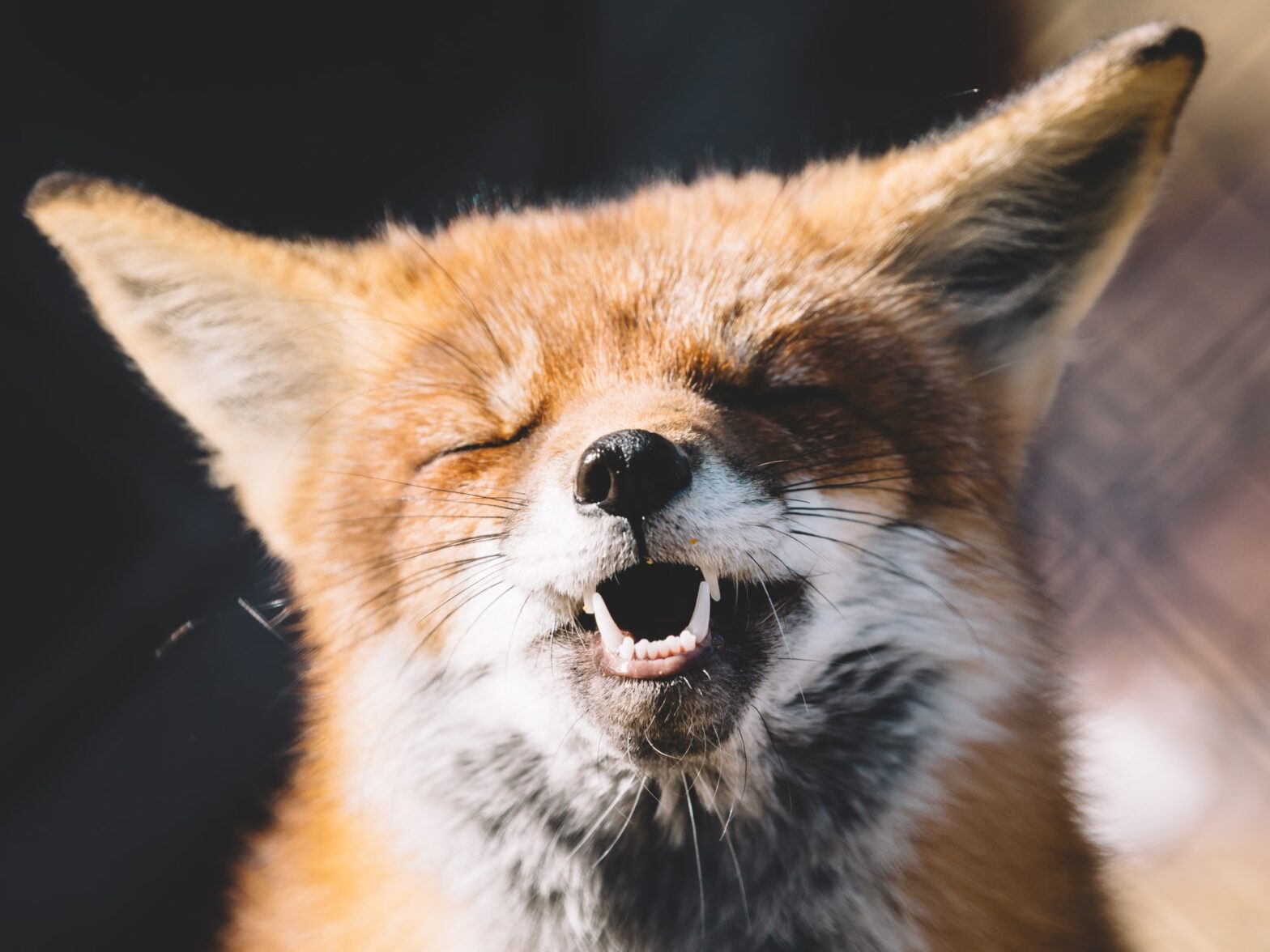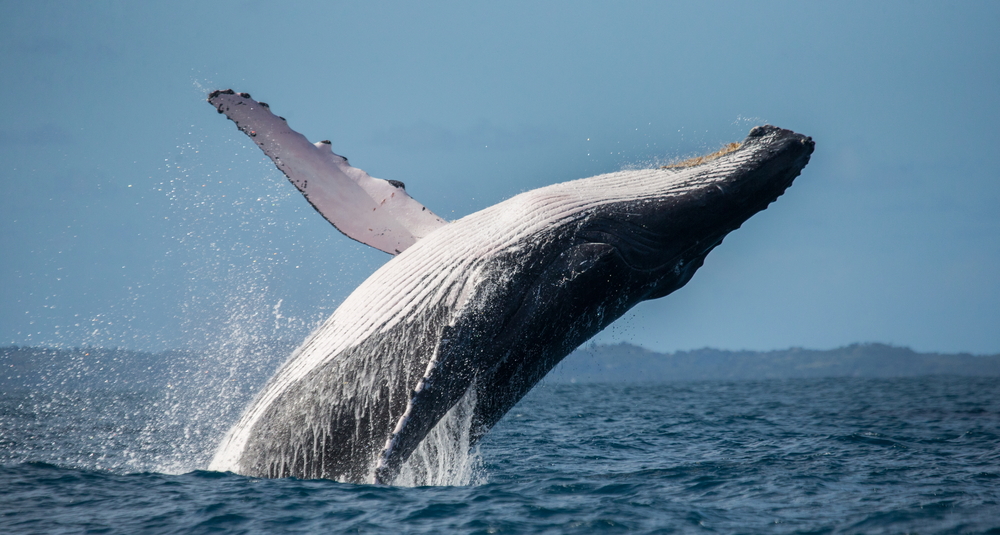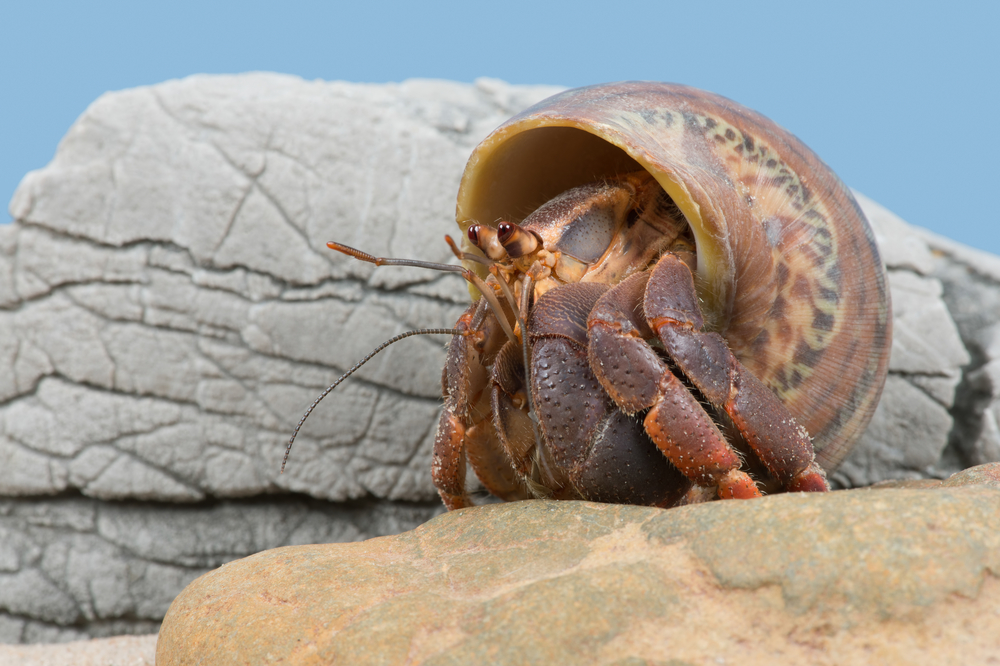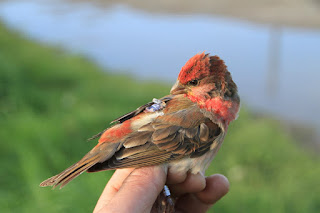It was a great pleasure to give a talk and participate in the Shapeshifters Symposium, Plasticity Here, There, and Everywhere, in Amsterdam at the end of May. The Shapeshifters Symposium was a transdisciplinary two-day event that explored the concept of plasticity across academic domains and beyond. My talk at the Shapeshifters symposium emphasised how organisms… Continue reading Shapeshifters symposium
Tag: behaviour
The Awakening Earth
Raymond and Denis Noble discuss their book, Understanding Living Systems, published by Cambridge University Press in July 2023. The book ends with a call to arms as humans awake to their responsibility for our precious ecosystems, Earth’s awakening. Here, Denis reads from the final paragraphs.
Understanding Living Systems
Cambridge University Press published our book, Understanding Living Systems, in July. We were pleased to be guests on Perry Marshall’s podcast to discuss the book. This episode encapsulates our extraordinary enthusiasm and creativity when writing our book Understanding Living Systems. Why did we write it? What is it about? Why is it necessary? Thank you,… Continue reading Understanding Living Systems
Bees prepare for winter
Busy bees, busy preparing for the winter ahead. They love this ivy, blooming in September and growing in abundance. So, nature’s little workforce comes in their thousands each day. Their priority now is gathering and storing nectar and pollen to have plenty in reserve to survive through the winter. Honey bees don’t hibernate, so they… Continue reading Bees prepare for winter
A microscopic key to evolution – volvox
Does pond water hold a microscopic key to understanding evolution? Examining pond water with a microscope in 1674, Anton van Leeuwenhoek observed many single-celled organisms, which he called ‘animalcules’. Some formed colonies or clusters, others were clearly multi-cellular, and one of these is a tiny green alga called Volvox. So, could this tiny creature be… Continue reading A microscopic key to evolution – volvox
Cunning as a Fox?
Cunning as a Fox is a common expression referring to being exceptionaly clever, cunning, or shrewd, especially in devious or underhanded ways. Foxes are certainly shrewd and highly adaptable. But there is little devious or underhand in their ways. Scent plays a significant part in the world of a fox. So, foxes leave their mark.… Continue reading Cunning as a Fox?
Whale communication, singing to each other
Whales communicate by singing over very long distances, creating songs that last for hours, each whale repeating back and adding phrases. Whale communication is not the only sound in the sea. Sounds fill our forests and oceans. But, they are not incidental. They carry meaning and significance. If humans stopped making a racket, we would… Continue reading Whale communication, singing to each other
Nature’s give and take
Never a lender or borrower be, says Polonius in Shakespeare’s Hamlet. Nature ignores his advice. There is much lending and borrowing in nature’s ways. But perhaps it is more ‘give and take.’ After all, when we lend something, we expect it back. We borrow a lot from nature. Yet, we often forget to give it… Continue reading Nature’s give and take
Learning from wood mice
Wood mice are essential to woodland life. So, by learning from wood mice, we get a better understanding of ecological intelligence. Study the forest, and we find the intimate relationship between mice, trees and tawny owls. So what do we know about intelligence? In the 1960s, researchers studied animal behaviour in ‘controlled’ laboratory conditions. Placing… Continue reading Learning from wood mice
Bird migration strategies – rosefinches
migrating birds adopt seasonally distinct migration strategies: following an energy minimization strategy in autumn, driven by resource availability, and a time minimizing strategy in spring, driven by wind conditions.

